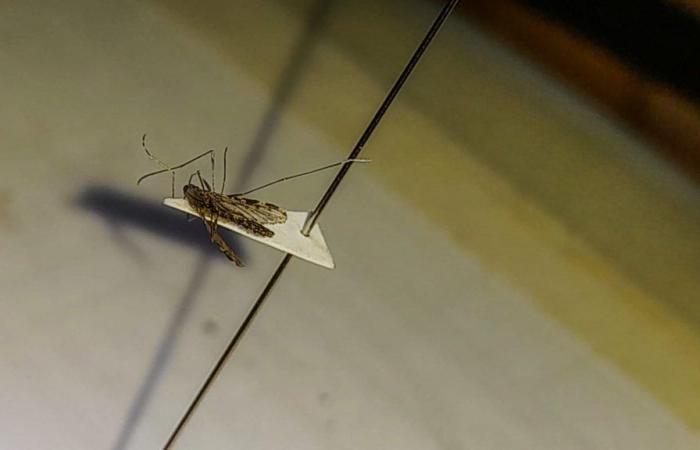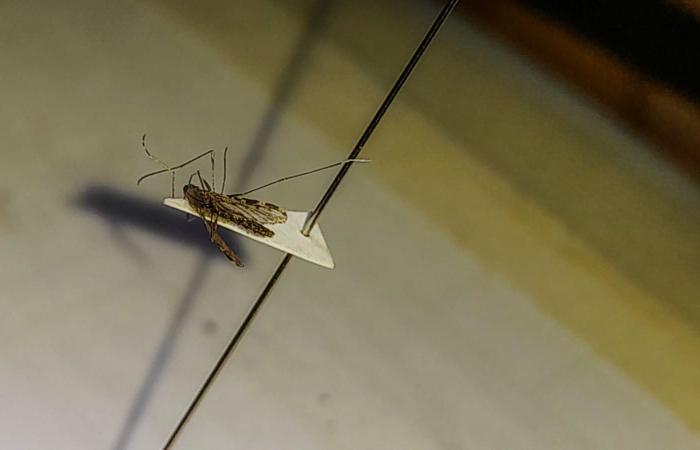Goiás State Department of Health warns that there are already 63 records of the disease, 19 of them confirmed, in 2024. Early diagnosis helps to avoid complications
The Government of Goiás, through the Department of Health (SES), reported 63 cases of malaria in the state, 19 of which were confirmed this year. Despite being all “imported” from people who traveled to other places, such as the Amazon region, the department has been carrying out permanent monitoring to eradicate the disease. In 2023, after three years with no records originating in the State, three cases were confirmed – one of which resulted in death.
When there are cases of local origin, an epidemiological investigation is initiated, which includes the active search for family members and residents of the region where the record was recorded, who are subjected to diagnostic tests. The department also works to train health professionals to ensure early diagnosis and treatment. In the state network, most care is provided by the Dr. Anuar Auad State Hospital for Tropical Diseases (HDT).
Malaria is an acute febrile infectious disease, with wide worldwide distribution, caused by protozoa of the genus Plasmodium, transmitted by the bite of an infected female mosquito. Symptoms include fever, chills, headache, sweating, myalgia, nausea and vomiting. The clinical picture can be mild, moderate or severe. In the initial phase, malaria is confused with other infectious diseases.
“That is why it is important to ask, during this patient’s anamnesis, their travel in the last 15 days, to find out if they have been to a region or country endemic for malaria”, highlights the biomedical officer from the Epidemiological Surveillance Management of Communicable Diseases of the Superintendence. of Health Surveillance, Hélio Filho, technician responsible for the SES malaria program.
Diagnosis is made by rapid tests and/or microscopic analysis of blood slides. Both are carried out by the public network in Goiás, by the State Public Health Laboratory Dr. Giovanni Cysneiros (Lacen-GO), which is the reference in Goiás for diagnosis. Malaria, if diagnosed and treated early, does not lead to complications. The medicines are available through the Unified Health System (SUS).
For people traveling to forested or endemic regions, it is recommended to use repellents (do not apply to children under 2 years of age without medical advice); protect areas of the body that mosquitoes can bite; use curtains and mosquito nets over the bed or hammock; and avoid places close to natural mosquito breeding sites, such as riverbanks or flooded areas.
Aline Rodrigues/Sectorial Communication
Photo: Carmeci Natalina Elias
Tags: State health carries permanent monitoring combat malaria
--






